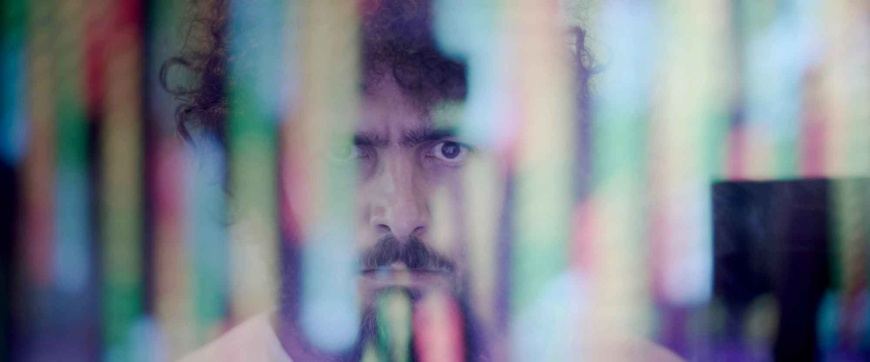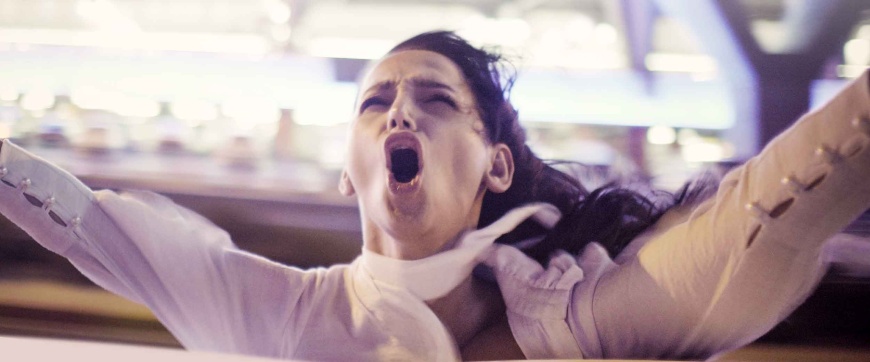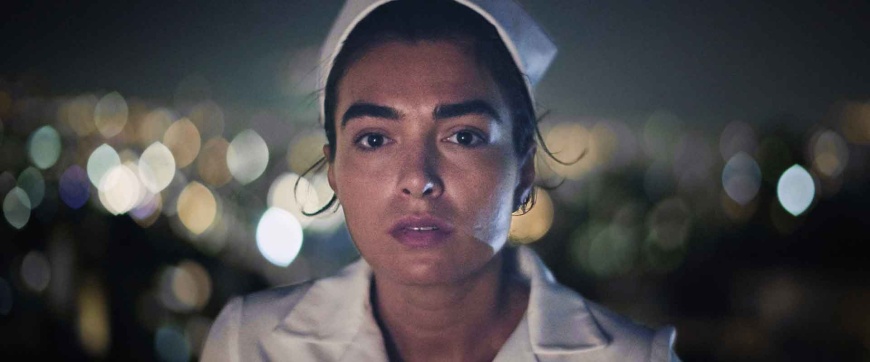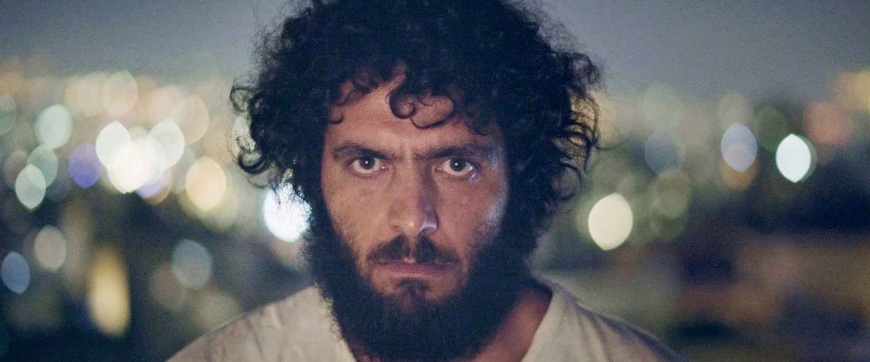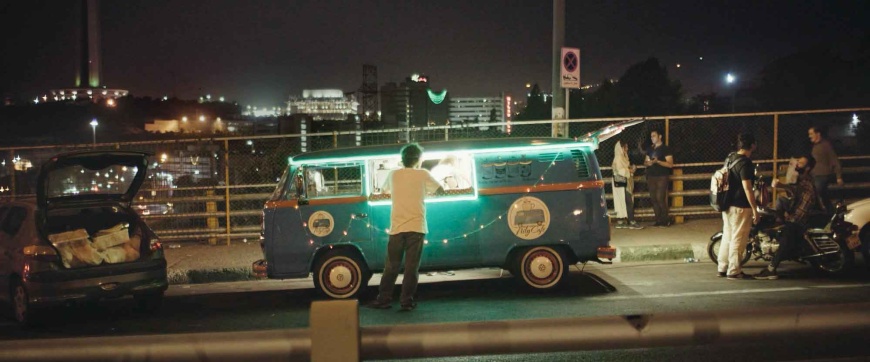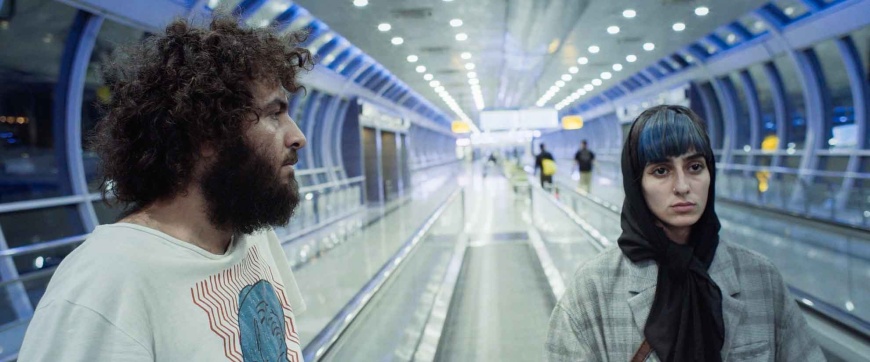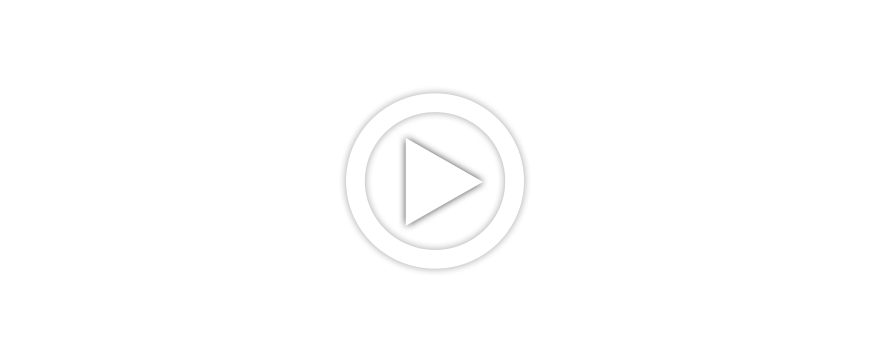Interview Director
You were arrested last year during the protests in Tehran. Are your films a threat to the regime? What do they dislike about your films?
I was arrested a week before the protests - not for the first time, of course. Just when I was so disappointed because nobody was doing anything, the protests suddenly started. The government doesn't want real images of the radical and liberal generation to be disseminated. In recent years, they have always managed to sell this deeply deceptive image of Iranian society to the rest of the world. That is why the world was suddenly confronted with an explosion of new images as a result of the Mahsa Amini uprising.
What do you risk when you make a film like "Critical Zone"?
During filming, we all thought: "We could be arrested at any moment". We were working like a group of spies on a mission, surrounded by stress factors and danger. Now, at this moment, when the film is about to premiere, most of the cast and crew have left Iran. And what about me? I'm currently hiding and I don't know what will happen. I could be arrested.
How did you manage to make the film that was not approved by the Iranian government? And how did it feel?
We had a separate plan for each scene. Sometimes we had a hidden camera, other times a forged licence or a bribe from the authorities. The biggest challenge lay in the locations and settings. We had different strategies for different cases. "Critical Zone" is an urban film and everything in the city is 'observed'. This level of secrecy and the tension gave our team additional motivation. Personally, as a director, I utilised excitement and passion. This feeling of being in a fight helped us to realise the film. Sometimes the creation of a work of art and personal motivation come together, and this became an incredible moment in my life.
The film seems to be divided into ten episodes. Why did you make this decision?
Because of all the restrictions we encountered, we had to shoot over a long period of time. We were four people in the core group: cameraman, sound engineer, the main character Amir and myself. With this small group, it was as if we had to go into a short film production every time. Each part had its own requirements, locations, actors... It wasn't possible to shoot everything one after the other because of the energy of the crew and of course financial problems. I had to shoot one part at a time, then edit, then find a job and earn some money to prepare for the next step. I tend to structure the film according to the limitations, even the kind of story I want to tell. Maybe that's the definition of 'alternative cinema'.
The film seems to portray the city of Tehran in a way that is rarely seen in cinema. What aspects of the city did you want to show?
An underground Tehran. Wild, tired and sick.
What role do drugs play in the story?
There are two functions: Form and content. Drug use immerses you in a surreal universe. And on the content level, we have a modern saint who 'feeds' the city with his drugs, like the old prophets who brought food to the poor in the middle of the night.
Could the film be seen as a kind of documentary?
Yes, I decided to work with people who are less interested in acting than in rebelling against the system. Actors usually have ambitions for their future careers, but they had other motivations. So I follow a documentary process and combine it with my own surreal atmosphere to achieve a kind of magical realism in search of a deeper meaning.
